Resurrection is a psychological horror from the mind of writer-director Andrew Semans, who never lets his audience disembark the film’s rollercoaster 103-minute ride, which is kept on track by a spectacular performance from central cast member Rebecca Hall. As a survivor of domestic abuse, Hall plays Margaret, who, on the surface, seems fully in control of her life. With the composure and focus of a seasoned athlete, she balances work and play, whilst finding time to spend with her daughter Abbie.
However, in between engaging in an illicit affair, exercising ferociously and helping counsel a co-worker through a controlling relationship, something odd starts to happen. Eerie orchestral cues creep into the score, fleeting glimpses of an old boyfriend send Margaret into free-fall, and then there’s that smoking oven.
In many ways, Resurrection walks a familiar path, as it employs dream sequences and jump scares alongside voyeuristic camerawork to unsettle. Tim Roth offers up a seemingly placid antagonist in David, who spends his time walking round department stores and loitering on park benches, with any exchanges that happen between himself and Margaret verging on the mundane, even if the psychological hold he has on her verges on violence. Which is why so much has been made of the intensity Rebecca Hall musters throughout this film.
Without her front and center as in this role, there would be precious little to carry things along. Her combination of paranoia and overprotective behavior pushes everyone away, including Grace Kaufman’s Abbie and part-time lover Peter. To be honest, beyond Tim Roth in mildly self-effacing creepy mode, Michael Esper is the only one who is memorable enough to register.
Assuming stress positions, retelling her abusive story in unflinching close up, or slipping back into conditioning mode, Rebecca Hall remains riveting. Her stick thin frame, mentally ravaged demeanor and wired presence gives Resurrection all the horror it needs. Seedy hotels, twitching curtains and lingering close-ups of long healed injuries do the rest. That being said, as much as this is brazenly formulaic in construction, there is no doubt it remains a solid thriller.
By mirroring the closed in claustrophobia of her psychological state through angular office blocks, production designer Anna Kathleen also compounds the narrative journey through stark visual choices. Clean cut high rise living implies an ivory tower mentality, which in turn suggests strength and confidence. When the façade starts to slip and door locks are reinforced, Margaret’s fortress morphs into a prison cloaked in paranoia. Similarly, cinematographer Wyatt Garfield ensures that his color palette is stripped of warmth, except when Margaret and Peter are together. However, even then the camera is too close and their intimacy feels suffocating, rather than languid or loving.
Andrew Semans is cunning in his construction of the relationship between Margaret and David, while those more unsettling elements ask audiences to work a bit harder. To a certain degree it does tip a hat to Eraserhead, if only for the body horror elements, but everything else is pure psychology. Resurrection also does a good job of subverting the concept of empowerment from a gender perspective, especially in those final moments.
As the film drifts further and further towards the surreal in its concluding third, tables are inevitably turned and retribution is gift wrapped for an audience seeking closure. However, for all the theatrics of that denouncement, Margaret’s psychosis overshadows everything. Which, oddly enough, means that the villain ceases to be threatening, as their final confrontation turns into something mediocre.
After the sustained build up and excellent opening act, which saw this powerful businesswoman self-destruct, for things to devolve so quickly is disappointing. In truth, Tim Roth’s David feels both underused and underwritten, in a role which sees him become little more than a bystander. Horror films need to have the ability to linger after lights out, which Resurrection fails to do. There is no monstrous presence lurking in the dark, nor a hint of untethered terrors intent on causing chaos.
At its best, this film could be classed as a social commentary fable with razor sharp teeth, where gender in the traditional sense has undergone a deconstructive process. A transformation which now makes labels based on sex a subjective thing, determined by the individual, free of judgement. But then again, perhaps Resurrection is just another psychology thriller with a strong female lead, why overcomplicate things?

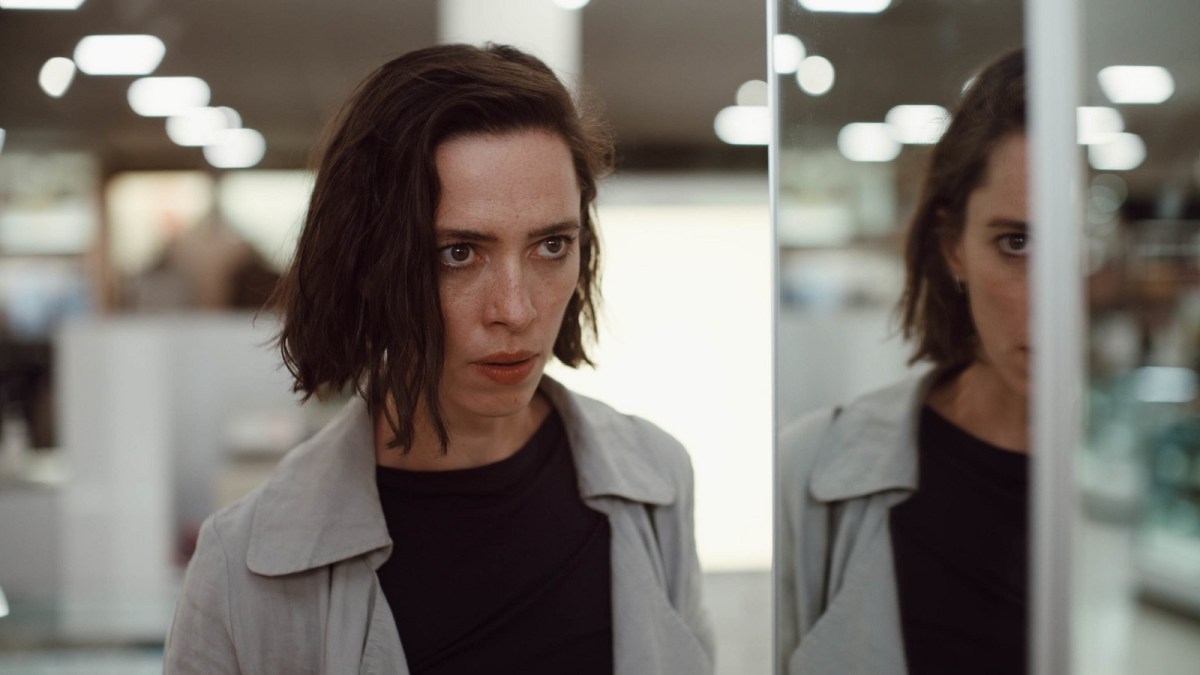

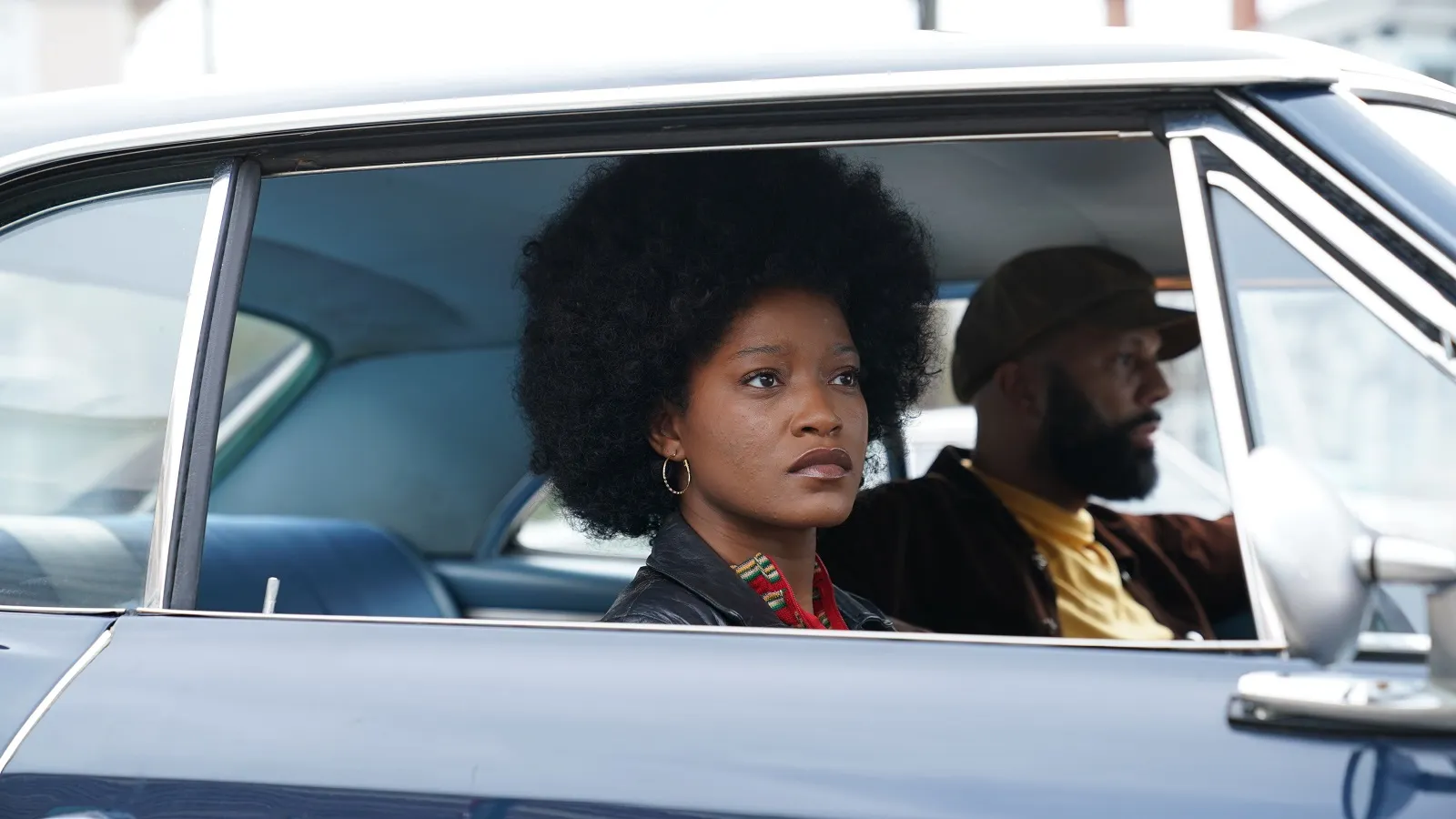
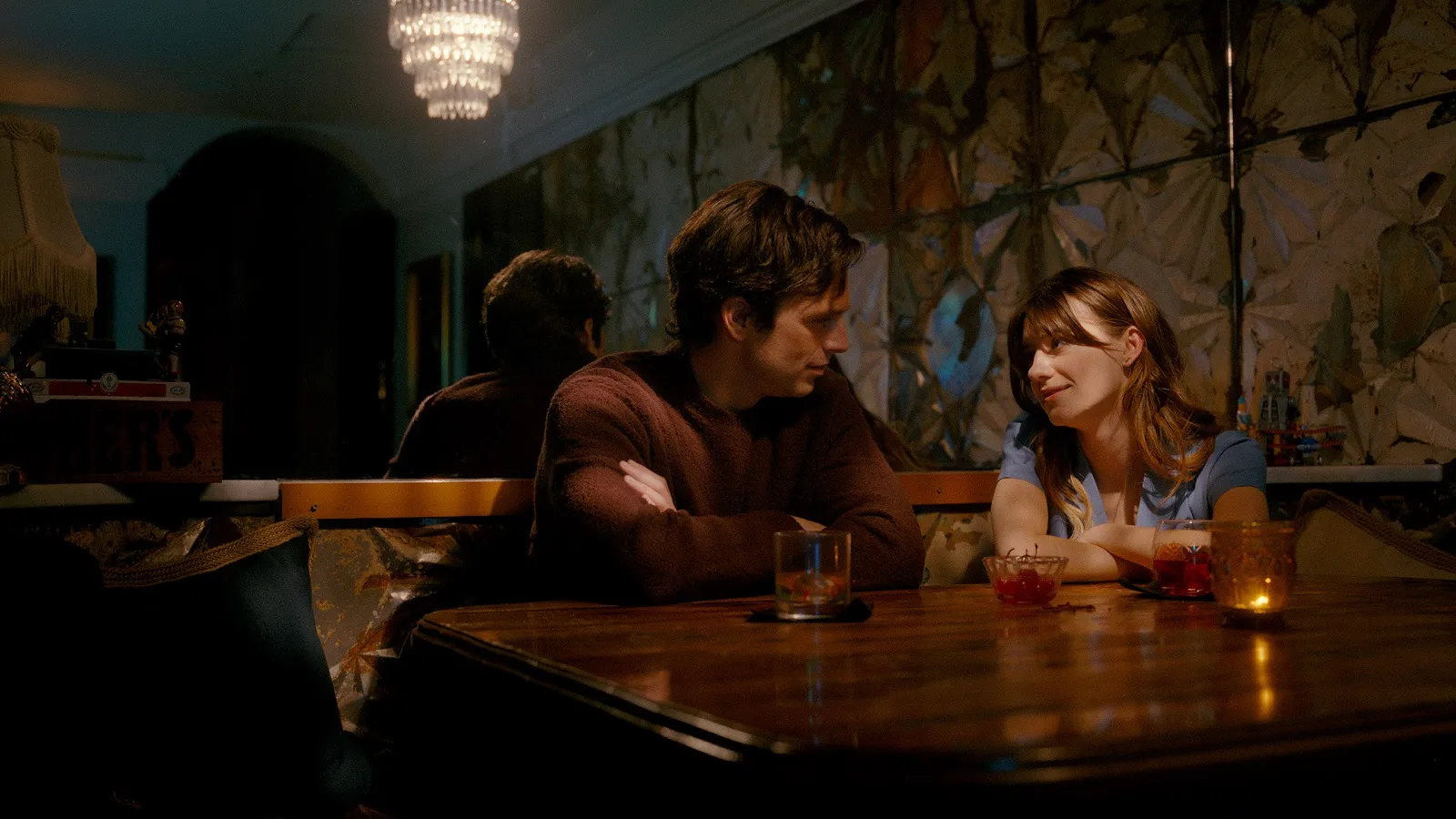

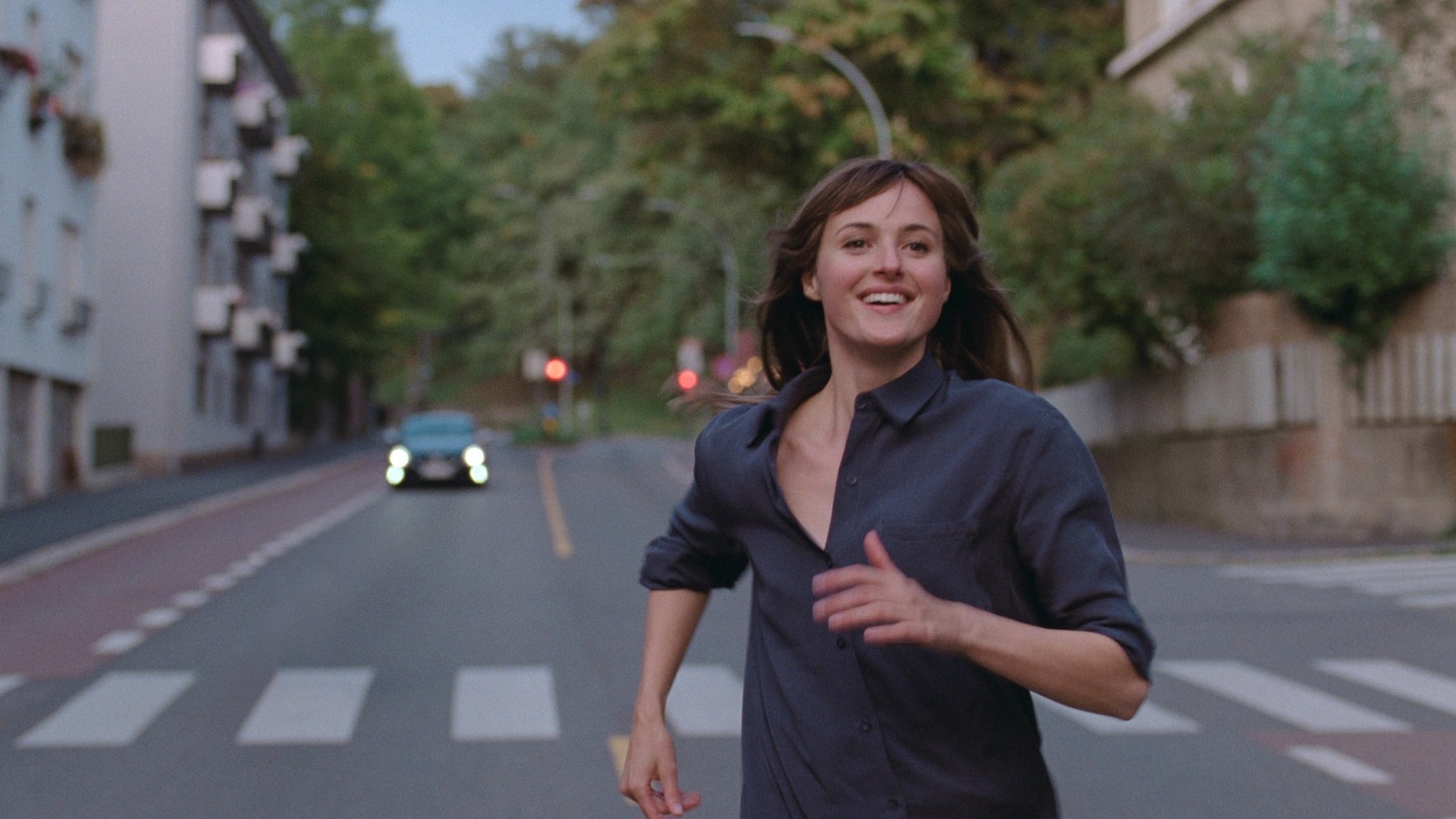
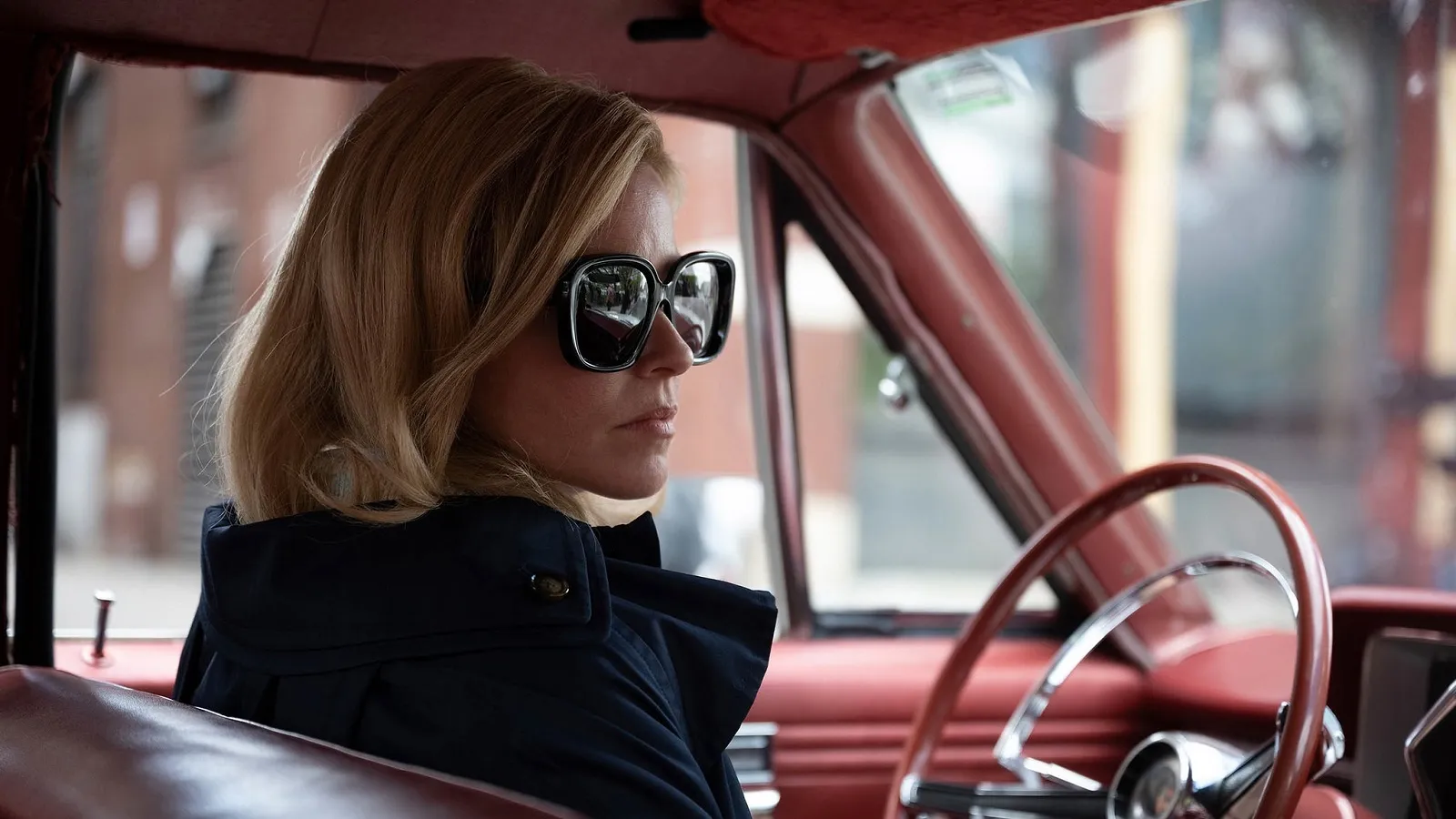
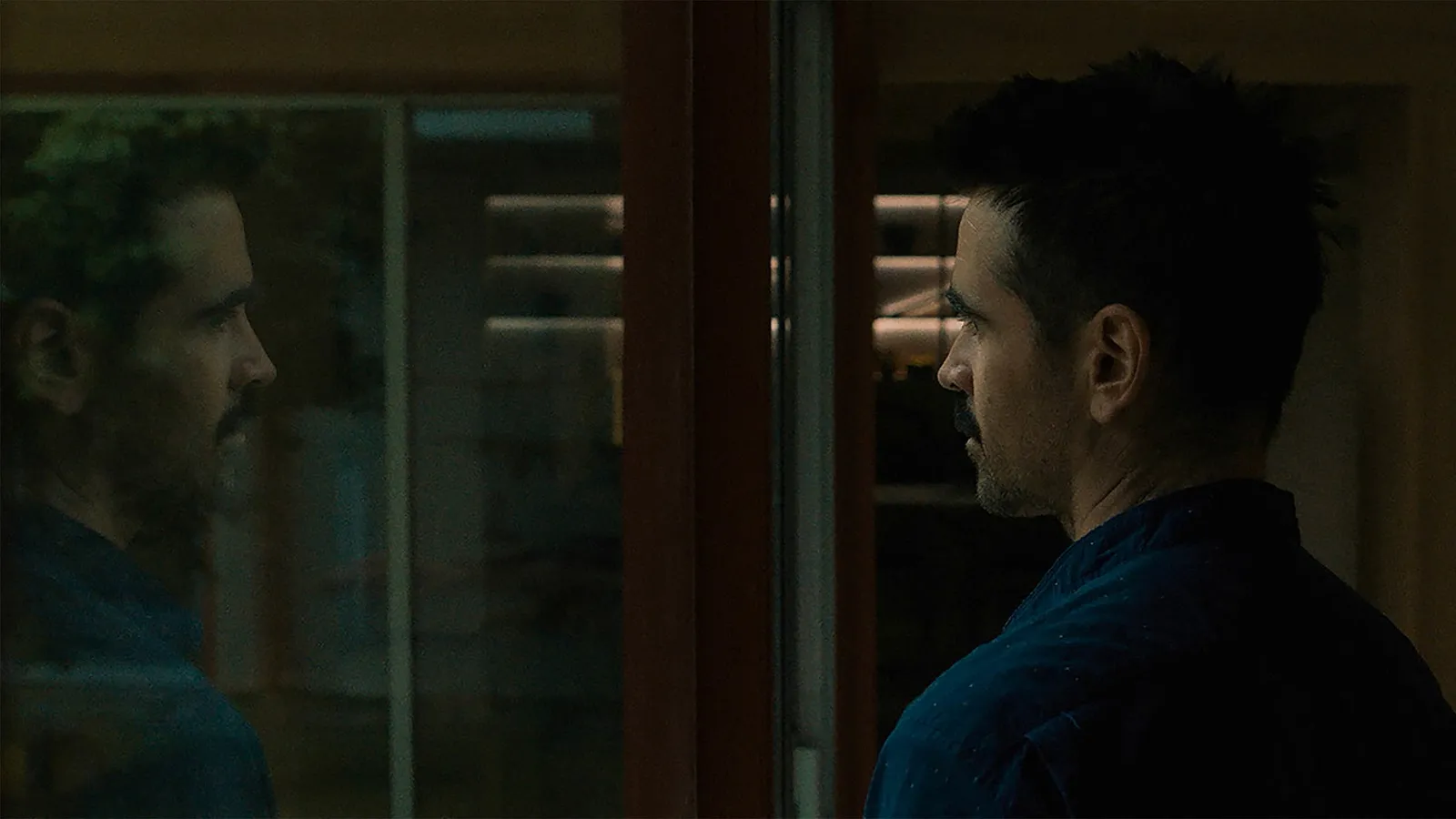
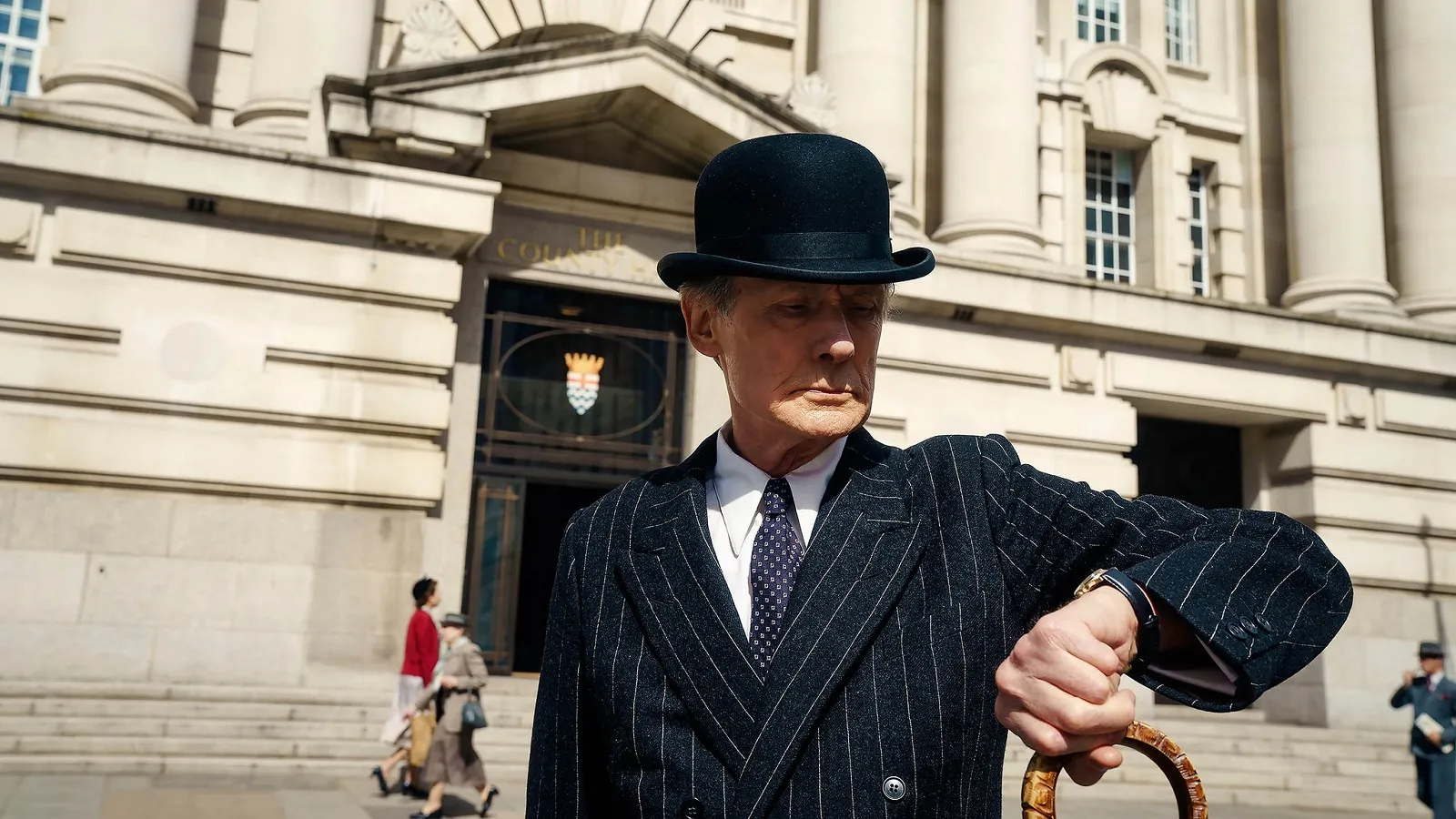
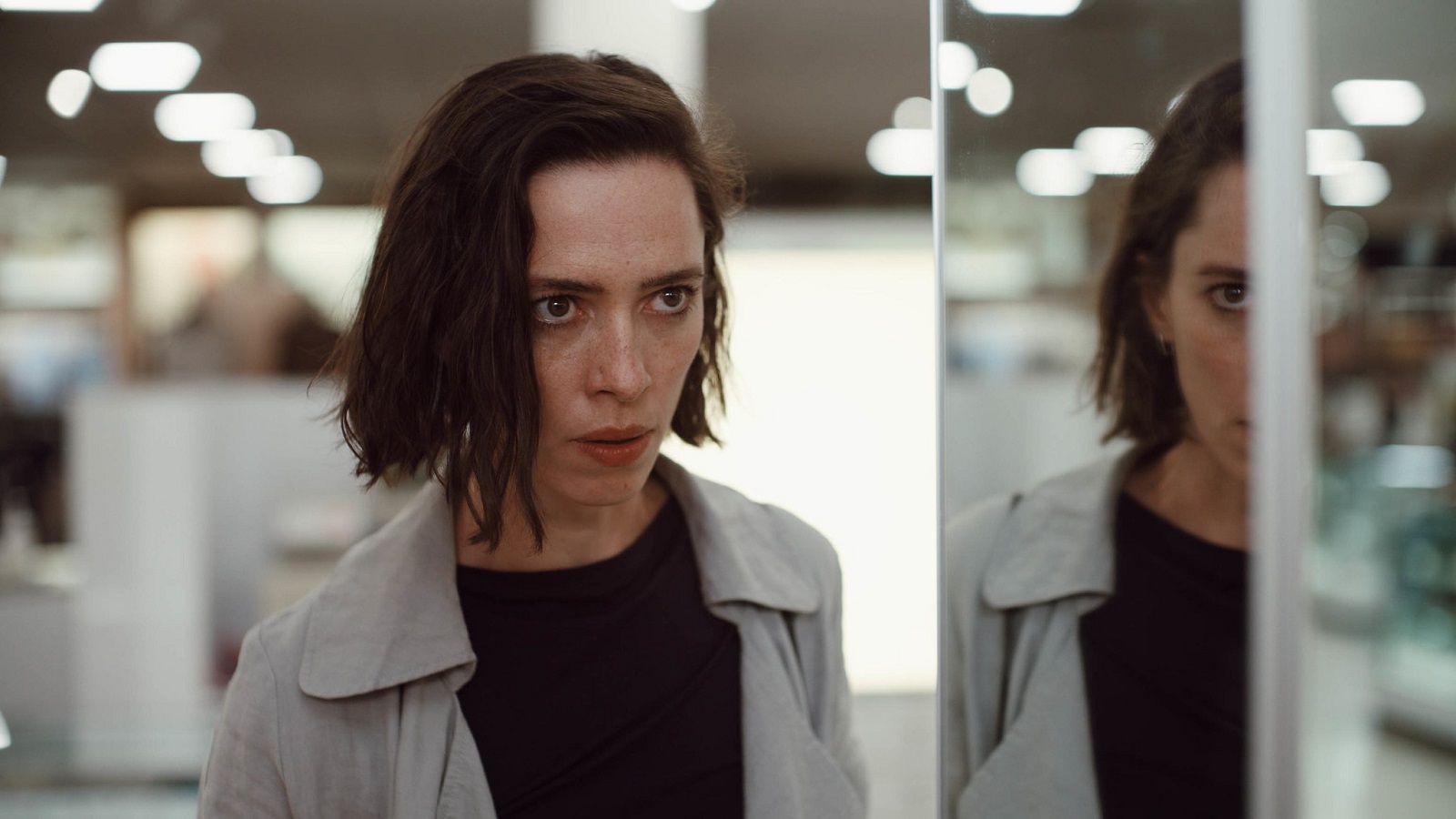
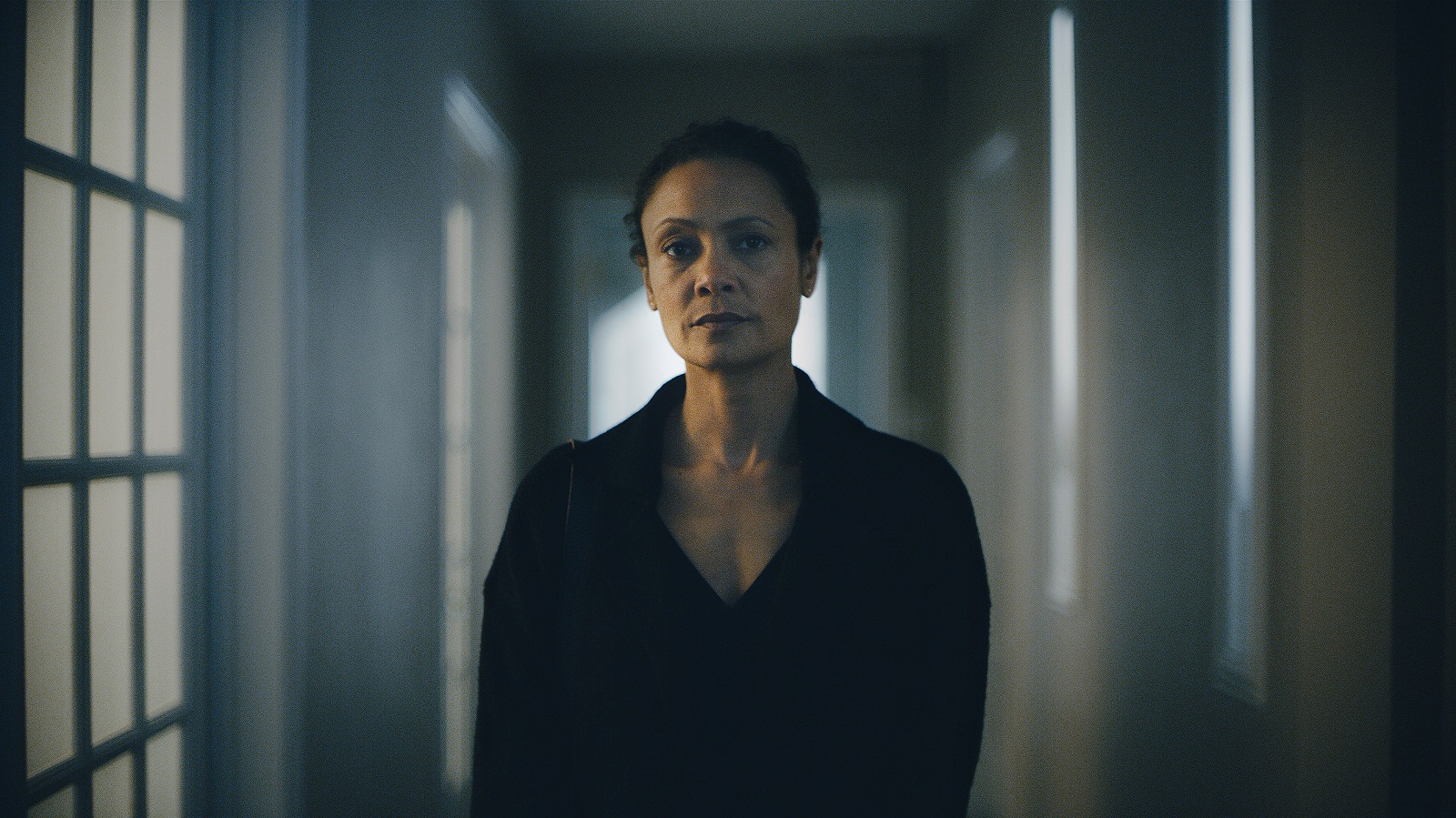
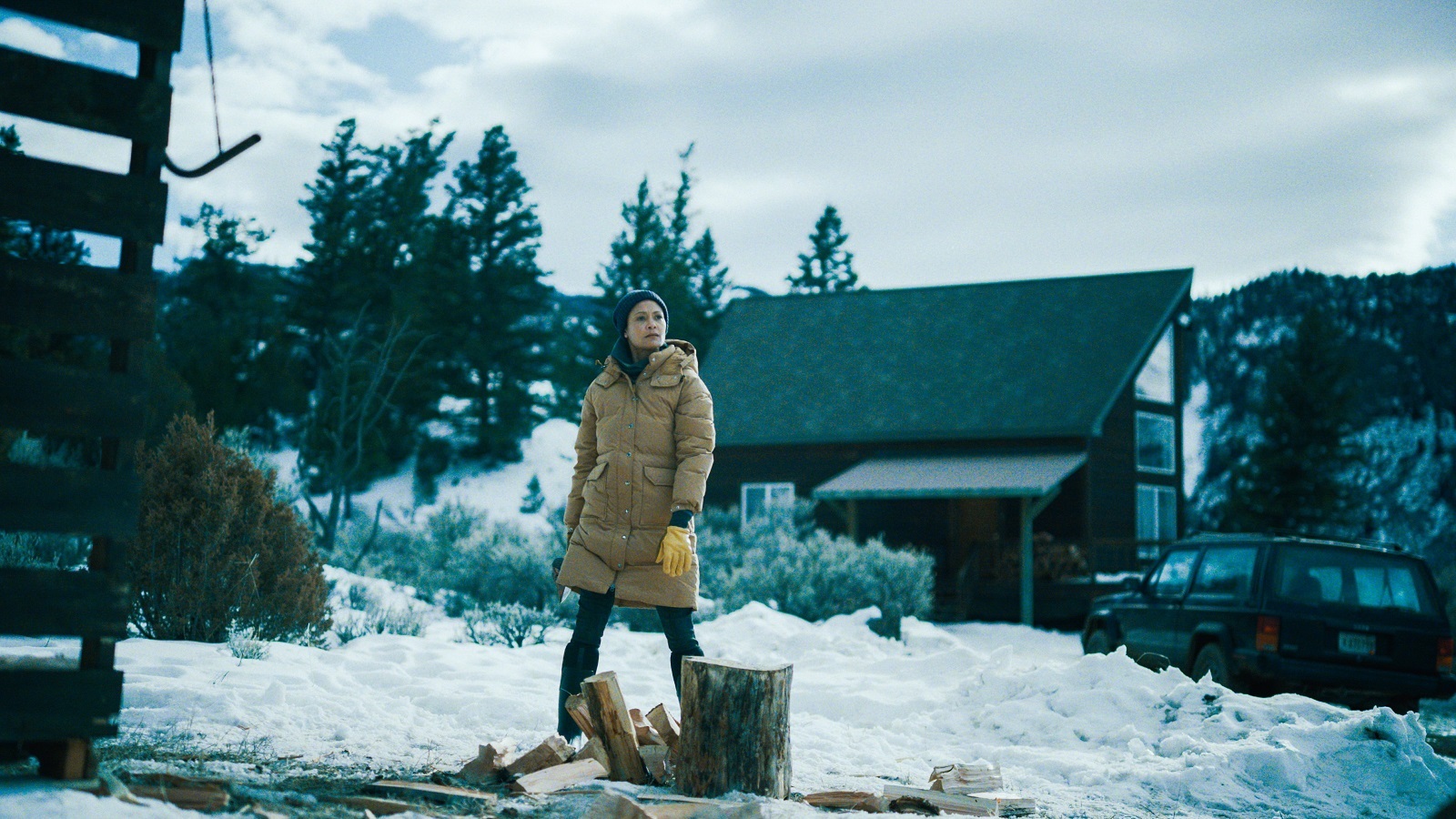
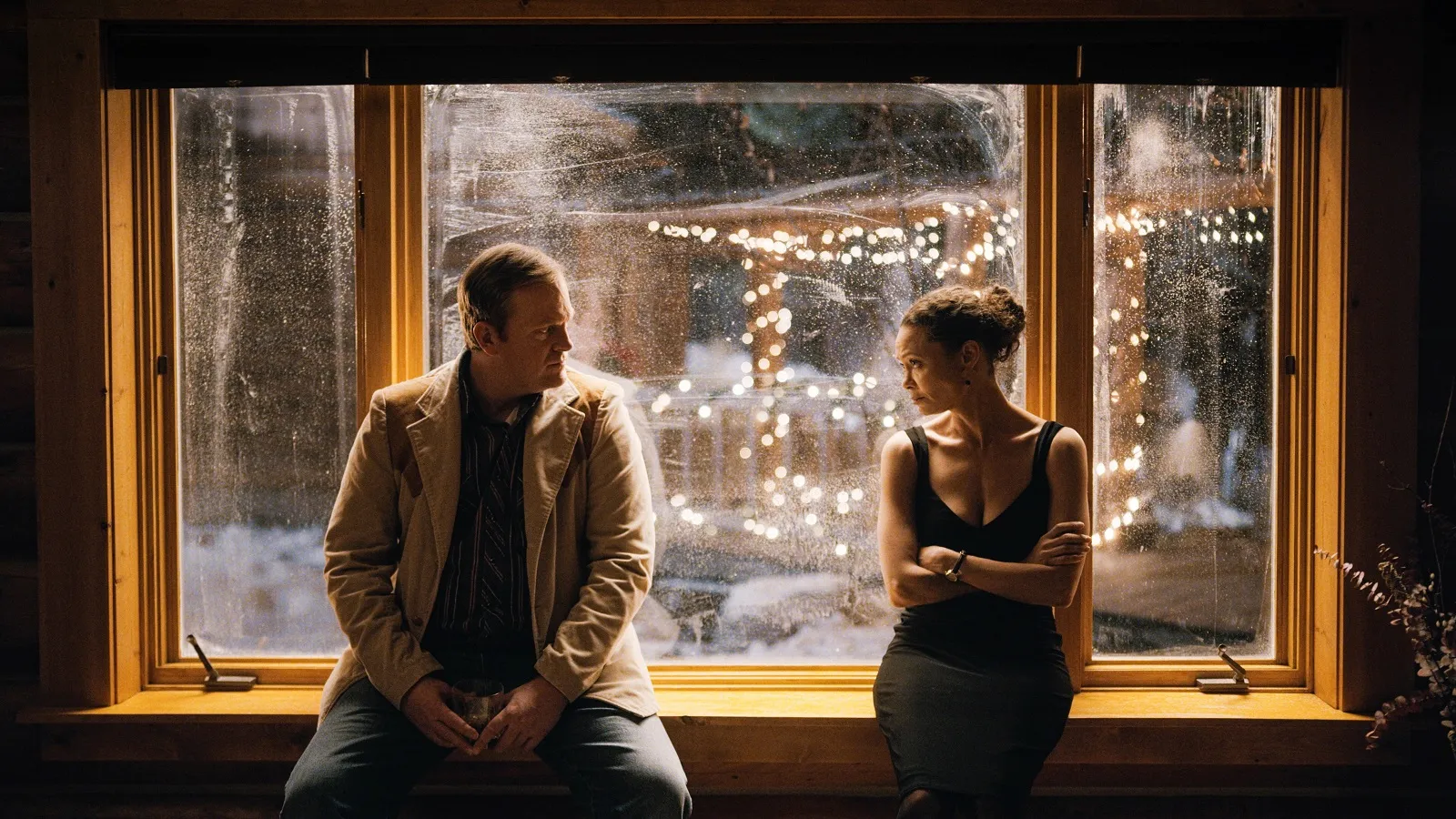
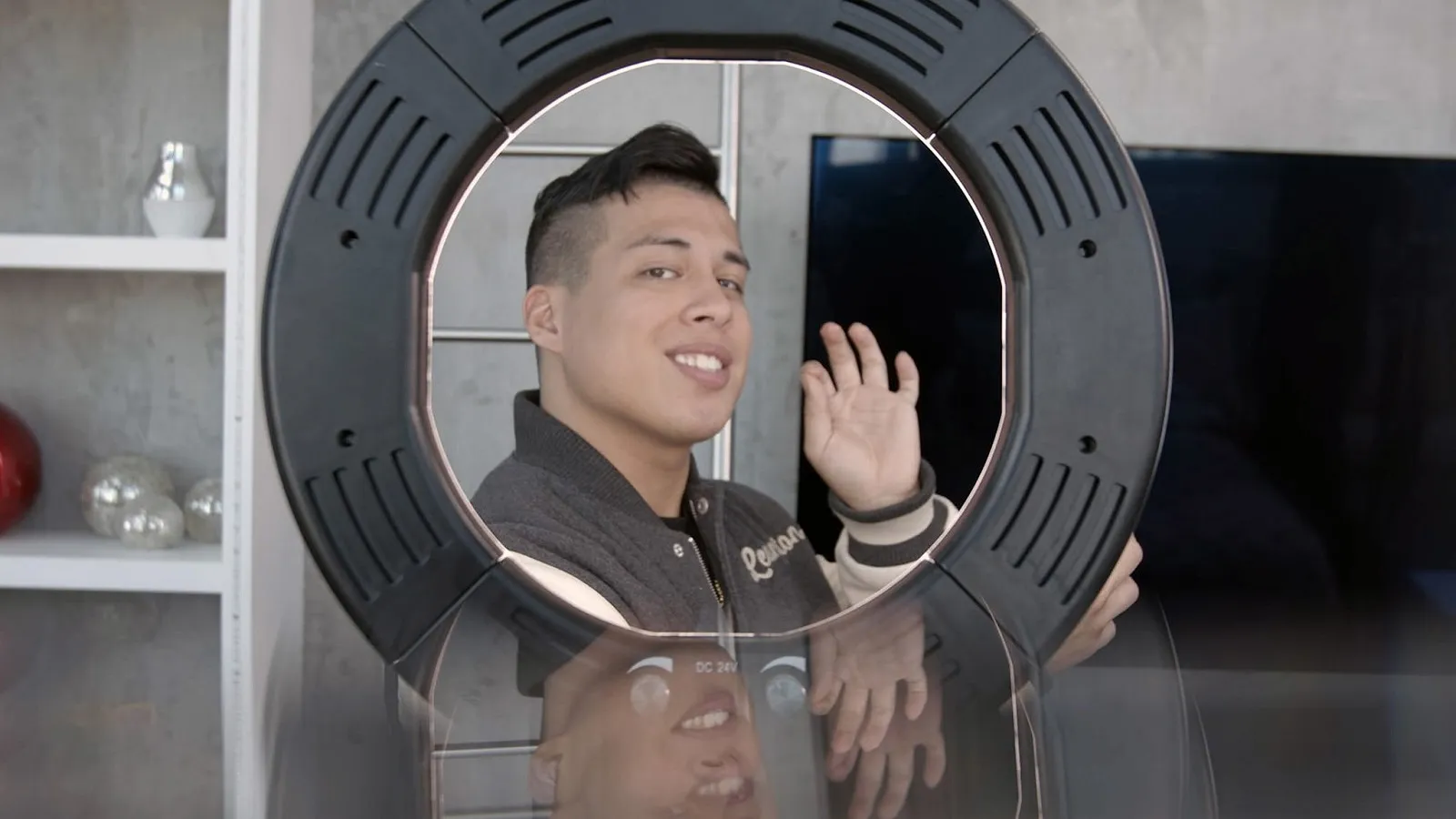
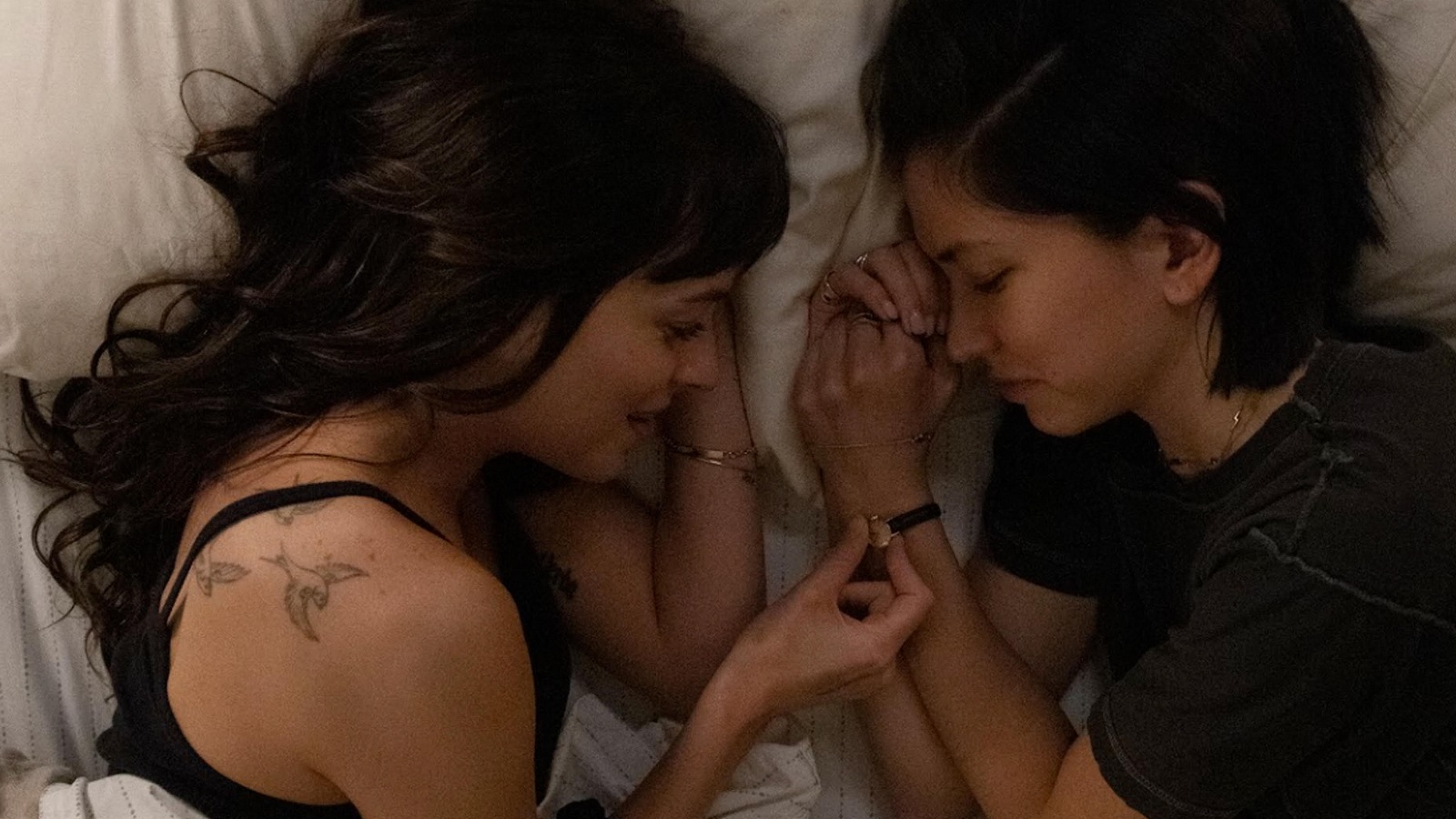
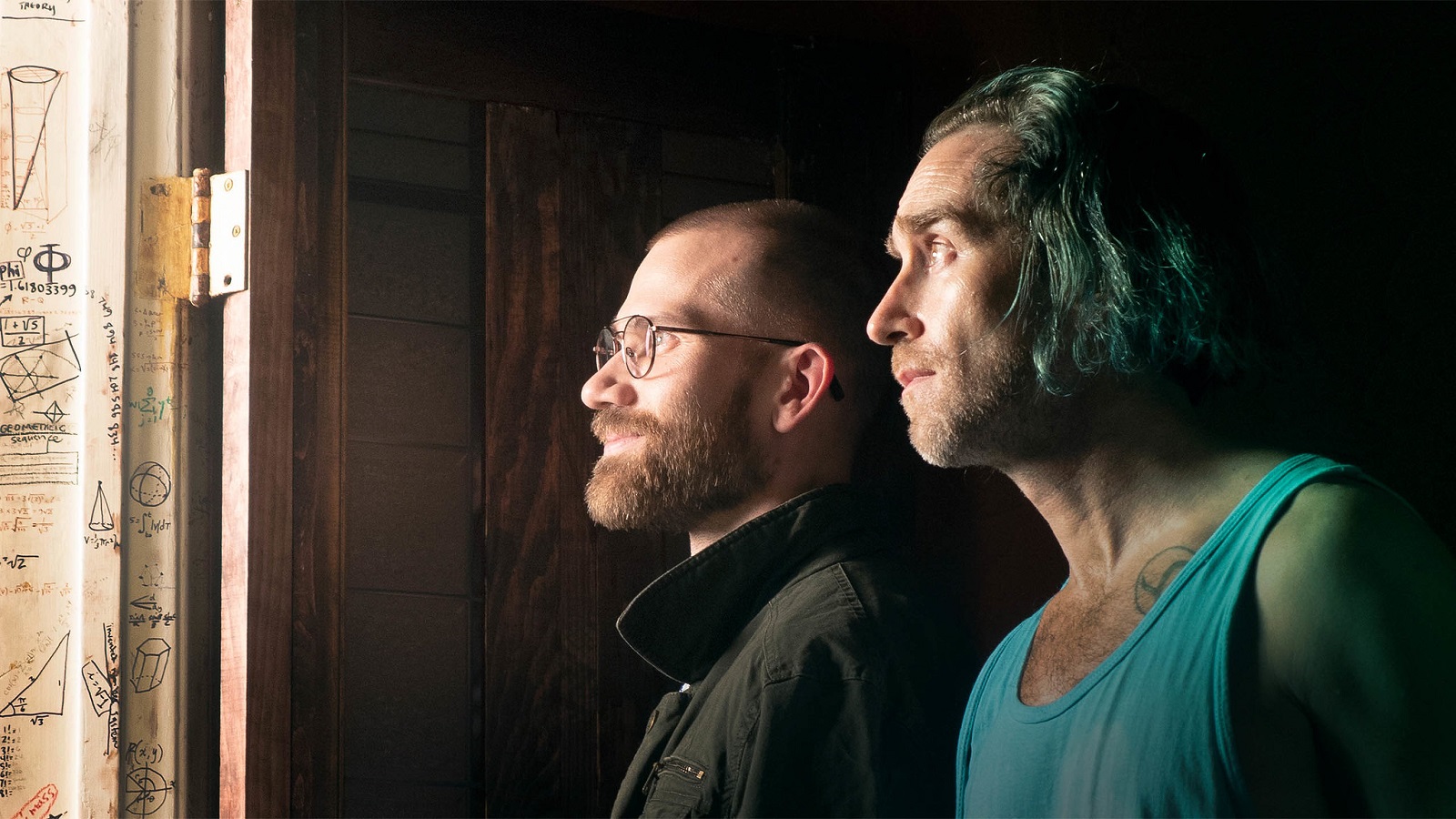
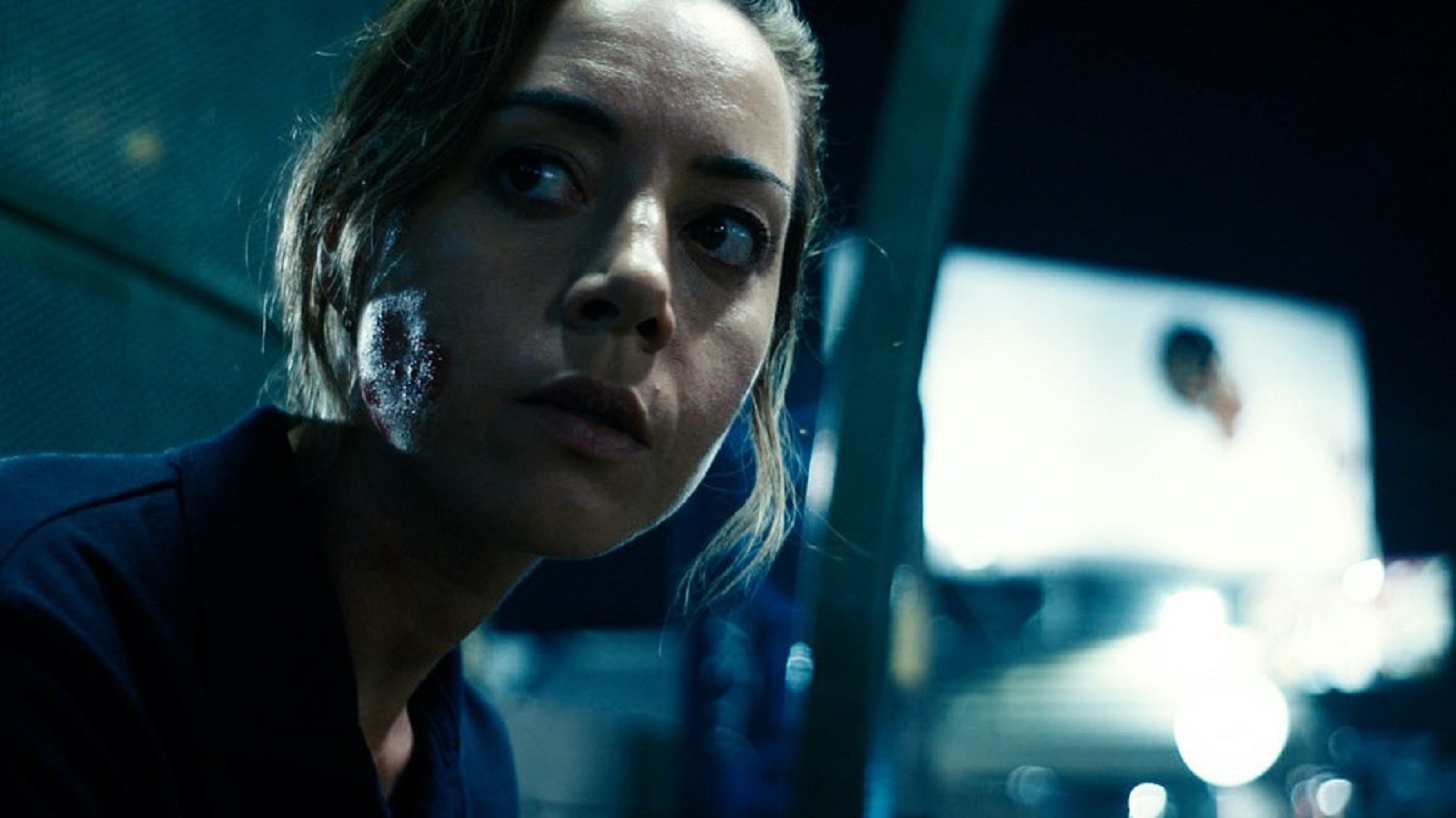
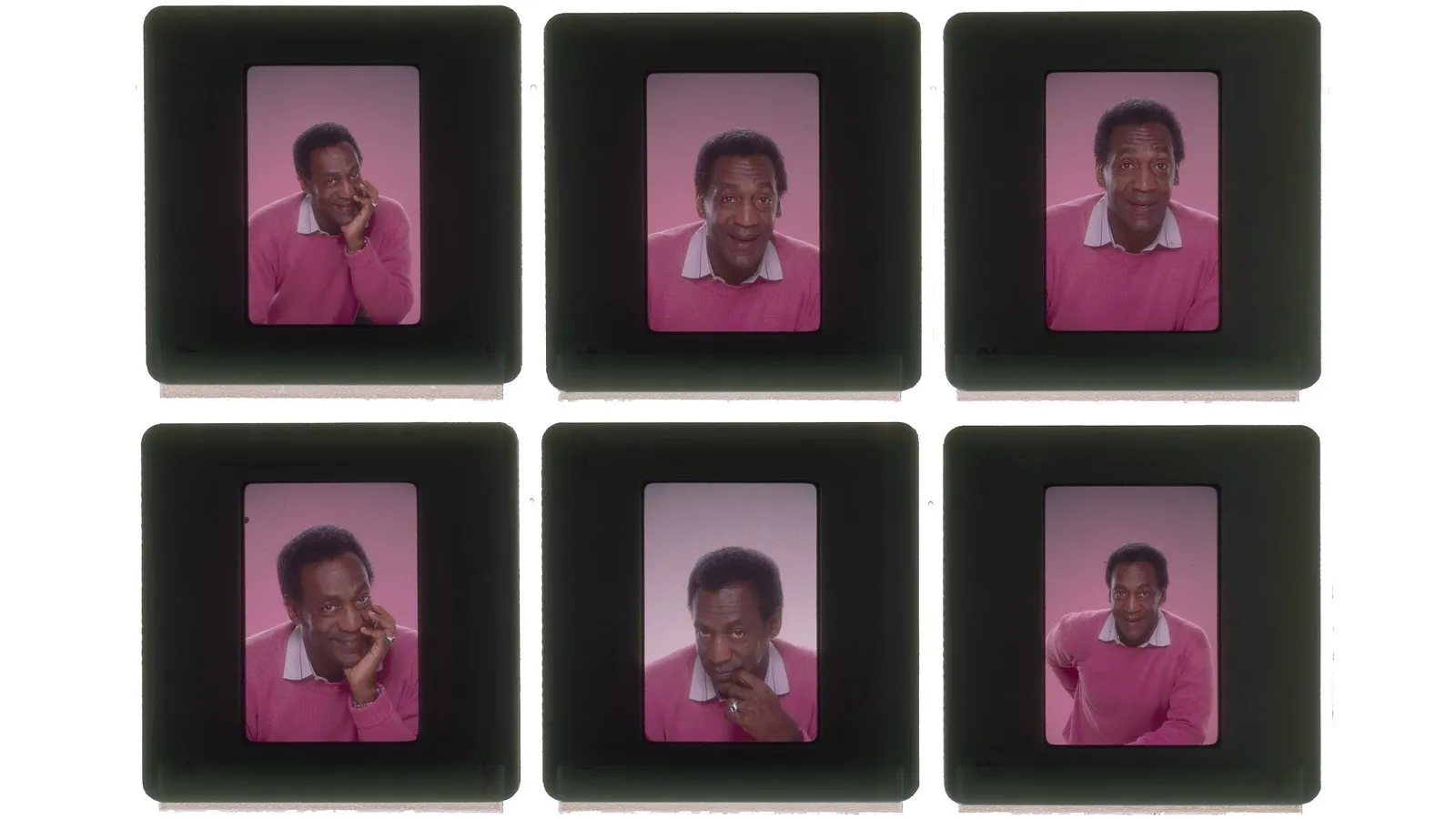
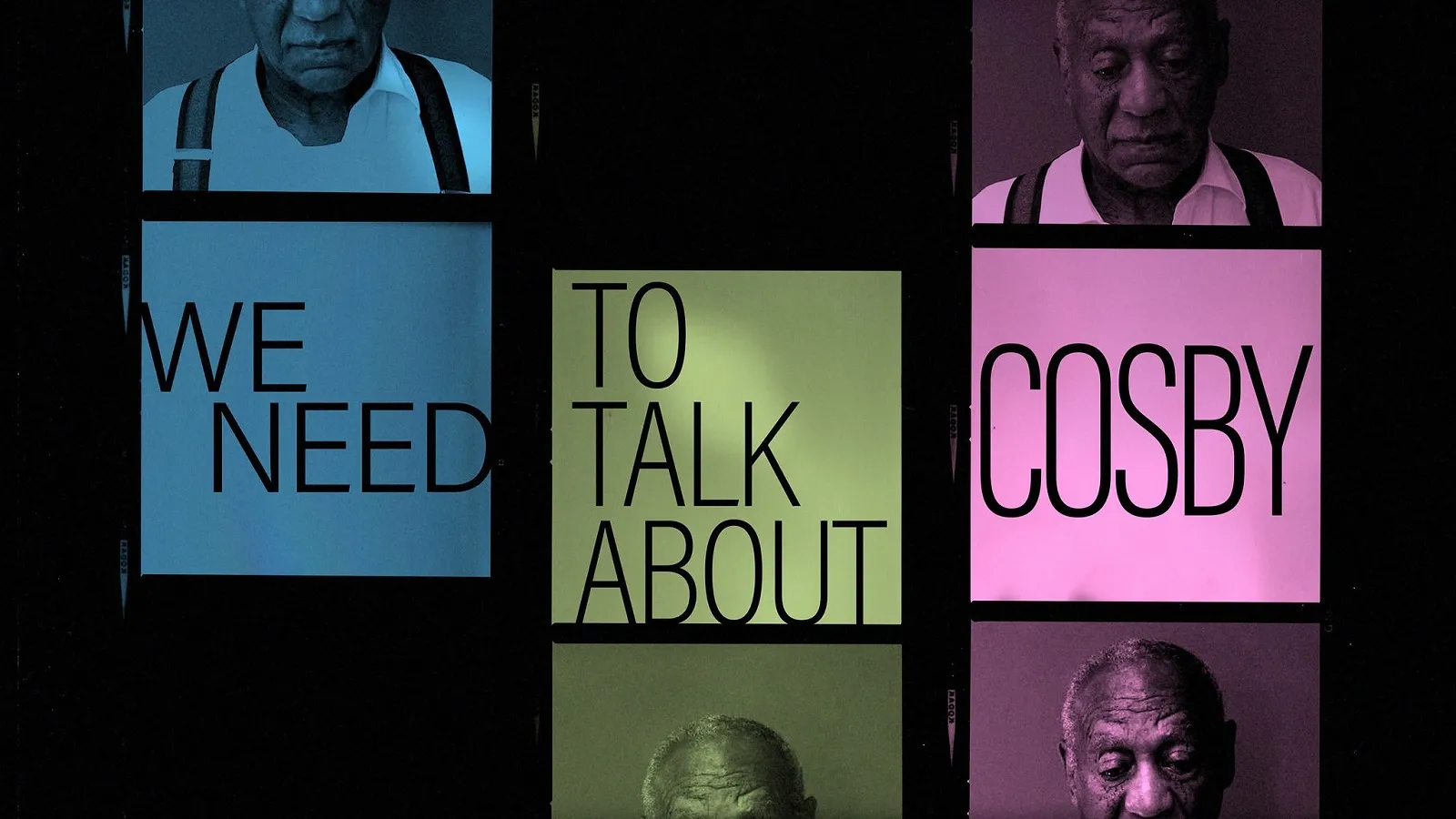








Published: Feb 8, 2022 11:23 am